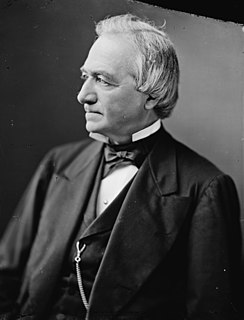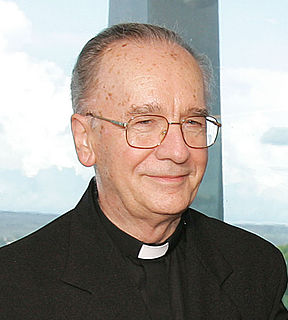A Quote by Ed Crane
[T]here are, at bottom, basically two ways to order social affairs, Coercively, through the mechanisms of the state - what we can call political society. And voluntarily, through the private interaction of individuals and associations - what we can call civil society. ... In a civil society, you make the decision. In a political society, someone else does. ... Civil society is based on reason, eloquence, and persuasion, which is to say voluntarism. Political society, on the other hand, is based on force.
Related Quotes
Before any man can be considered as a member of Civil Society, he must be considered as a subject of the Governour of the Universe: And if a member of Civil Society, do it with a saving of his allegiance to the Universal Sovereign. We maintain therefore that in matters of Religion, no man's right is abridged by the institution of Civil Society and that Religion is wholly exempt from its cognizance.
Think of civil society and the state as joined in a marriage of necessity. You already know who the wife is, the one who is supposed to love, cherish and obey: that's civil society. Think of the state as the domineering husband who expects to have a monopoly on power, on violence, on planning and policymaking.
Groupings of people that get together, think things through, come out to plan and so on, like unions or true political organizations, they've disintegrated. And people tend to be atomized - you get down to a society based on social units based on an atom - an atomic element - which is a person and their computer. Not a society that is going to be able to function freely and democratically. The tendency is there; it doesn't have to be, but its something to worry about.
The classics of Marxism talked of communism as a society to which a modern society should aspire, a society truly fair, where the relations of monetary exchange were not the priority but one wher the people's needs could be satisfied, and where people would not be worth more according to how much monetary wealth they acquired. Instead their value would be based on their contribution to society as a whole. It would be a society without class that would accept people based on their capabilities and their potential to contribute to that society.
The deadly weapon against totalitarian society is openness - doing everything very openly on the Internet, letting people know every detail, any little development. Once it is out there, everybody can make their own judgement. [Therefore] holding a trial outside the court. I think that is fairness, that is justice, that is a civil society. Otherwise call it an evil society because everything is hidden.
Man cannot be exempted from his divinely-imposed obligations toward civil society, and the representatives of authority have the right to coerce him when he refuses without reason to do his duty. Society, on the other hand, cannot defraud man of his God-granted right... Nor can society systematically void these rights by making their use impossible.
Political philosophy is realistically utopian when it extends what are ordinarily thought to be the limits of practicable political possibility and, in so doing, reconciles us to our political and social condition. Our hope for the future of our society rests on the belief that the social world allows a reasonably just Society of Peoples.
You can't talk about the environment, you can't talk about political correctness, affirmative action and all the other innumerable things that freedom is about, unless you have a free society based upon the integrity of the individual. If you have a responsible society, these other issues will not come up in a responsible society, and that is what freedom is all about.





































